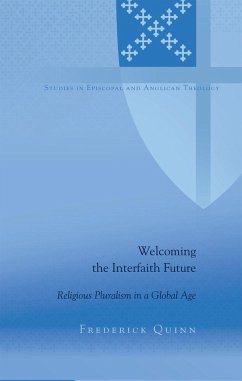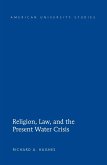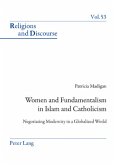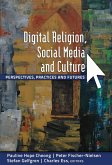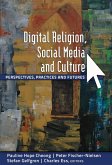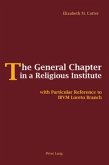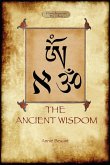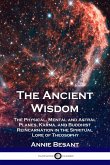Members of many religions live alongside one another in sprawling urban centers and isolated rural communities, and conflict and misunderstanding among religions are widespread. From a Christian and Anglican perspective, this book searchingly examines the nature of such encounters and explores the meaning of religious dialogue and terms like conversion, syncretism, salvation, and pluralism. Tightly focused historical chapters discuss expanding twentieth- and twenty-first-century Catholic and Protestant views about other religions and conclude with a fresh interpretation of the formative Asian contribution to contemporary interfaith encounters. Three established, successful examples of on-the-ground religious interaction are also presented, including the work of Muslim leader Eboo Patel in Chicago, Episcopal Bishop William E. Swing in San Francisco, and Anglican Bishop Tim Stevens in Leicester. Ultimately, interfaith religious dialogue benefits from the prayerful use of visual symbols in addition to written commentaries. Several important, innovative Anglican figures are considered, including Kenneth Cragg, Alan Race, David F. Ford, Keith Ward, Desmond Tutu, Ian S. Markham, and Rowan Williams. The Anglican document "Generous Love" (1998) is presented as a wider, inclusive discussion of possibilities for interfaith dialogue. The author concludes by reflecting on the importance of the old hymn, "There's a Wideness in God's Mercy" in the evolution of his own views and as a foundational statement welcoming the interfaith future. This book is a solid, lively, and lucid introduction of a volatile issue rippling its way through the contemporary Anglican Communion.
«Frederick Quinn's new book both warms and challenges. It warms with the theme of generous welcome, which he commends as an appropriate way for the worlds' religions to engage one another. It challenges with a history of divided Christian response (Closed Door vs. Open Door), running from antiquity right up to the present. In our global context, in which practitioners of different faiths have so much more to do with one another, Dr. Quinn's spirit points the way: a generosity that welcomes and learns, is enriched and enriching. Frederick Quinn has given us another wise book.» (Marilyn McCord Adams, Distinguished Research Professor of Philosophy, UNC-Chapel Hill, and former Regius Professor of Divinity, Oxford University)

